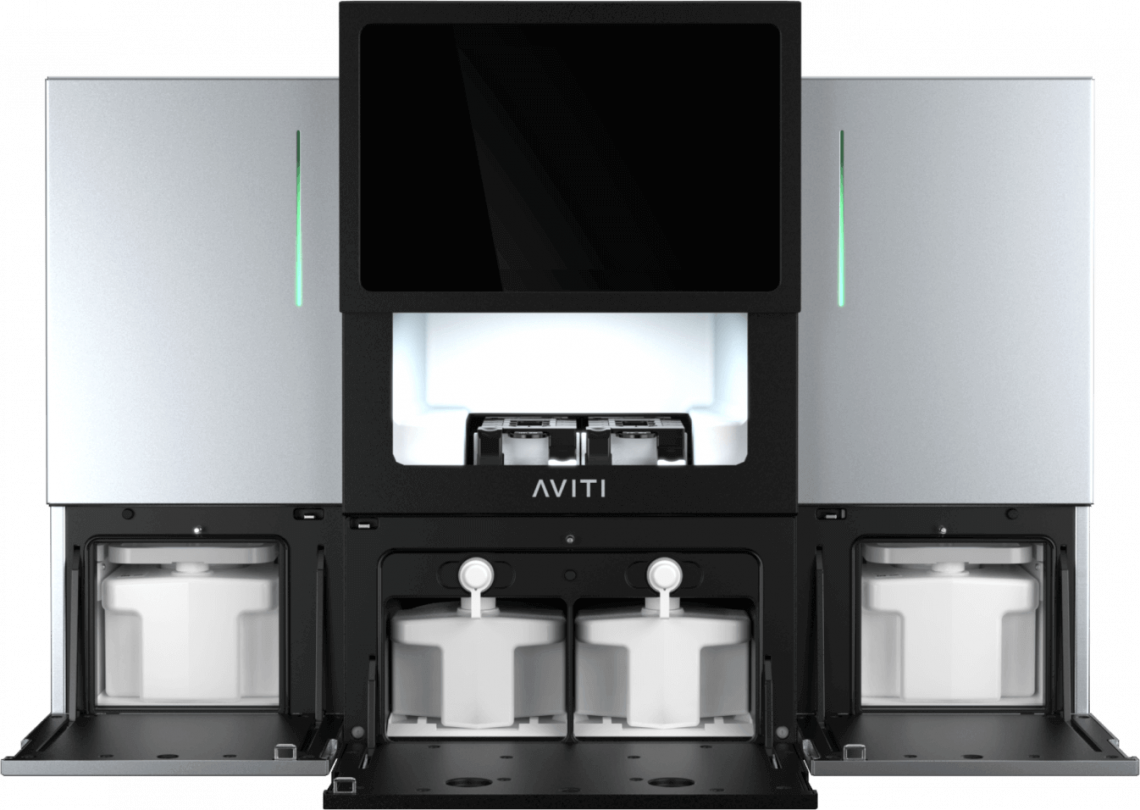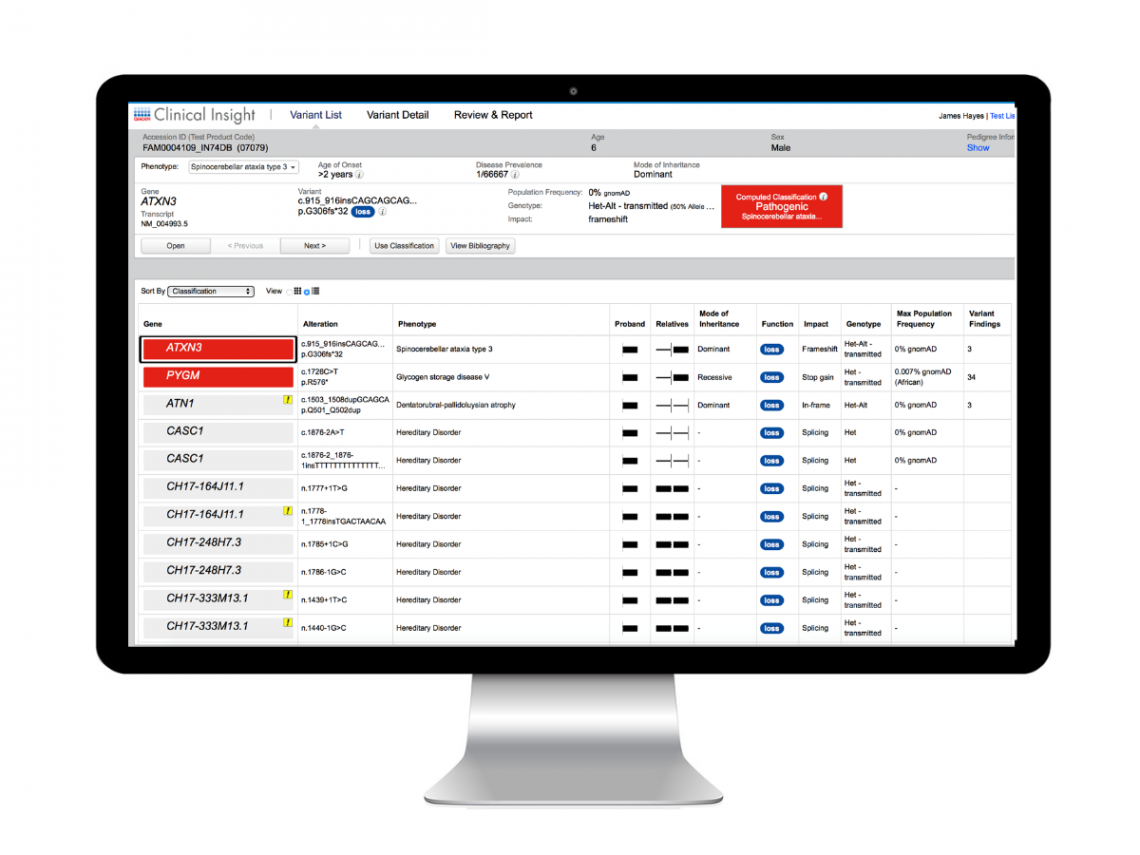
For low- to mid-throughput NGS labs
Complete NGS workflows for the Element AVITI System Benchtop Sequencer
Does your lab need an out-of-the-box, simple-to-use, sample-to-report NGS workflow?
For mid-throughput labs with limited IT resources who are interested in using Element’s AVITI™ System benchtop sequencer, QIAGEN provides sample-to-report NGS workflows with panels validated for use on the AVITI™ System and out-of-the-box downstream data analysis software solutions.

Build your workflow with four NGS steps

Step 1: Library Preparation
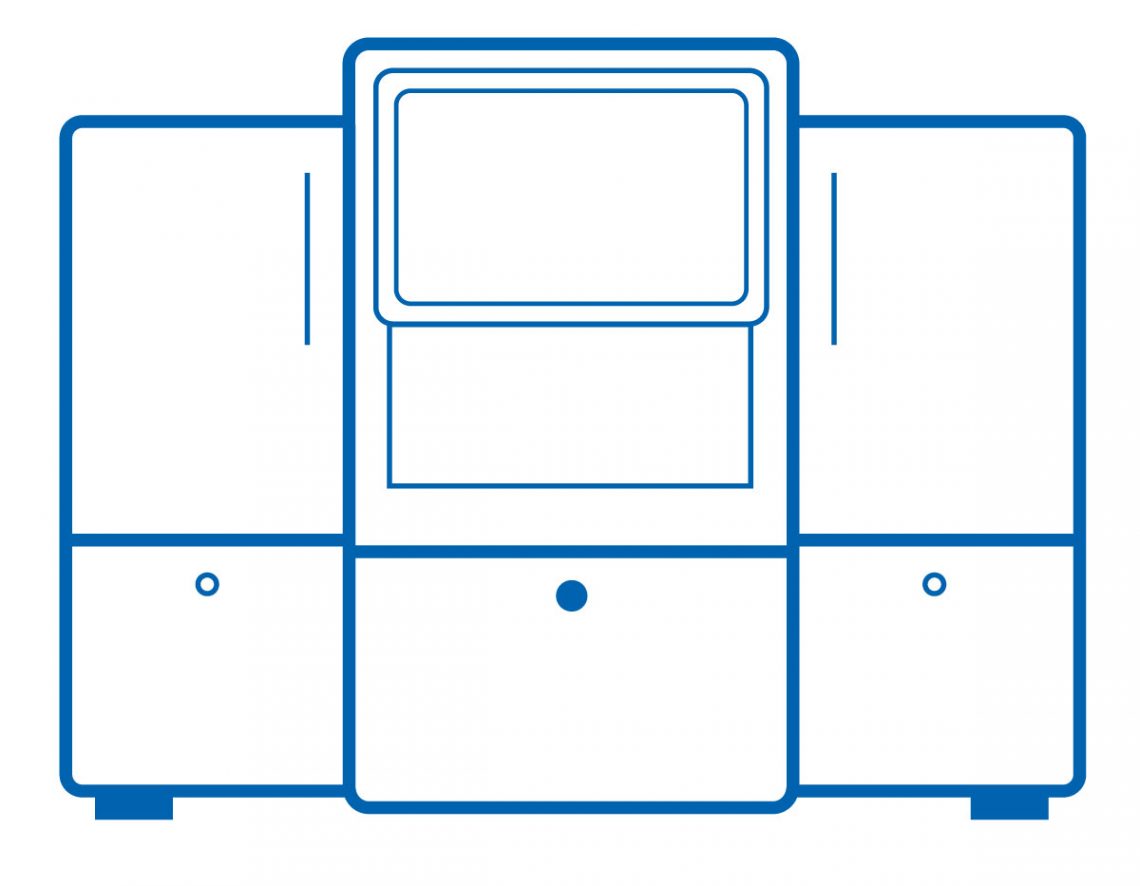
Step 2: Sequencing
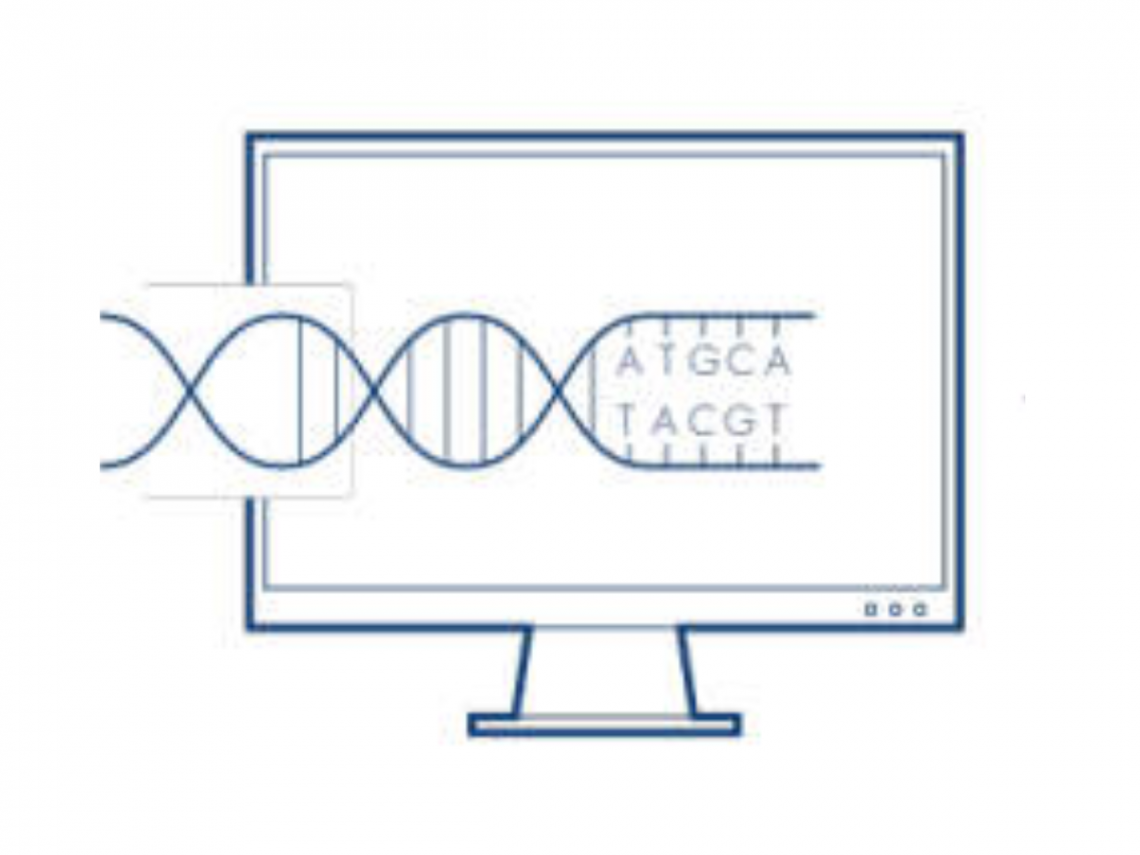
Step 3: Data Analysis
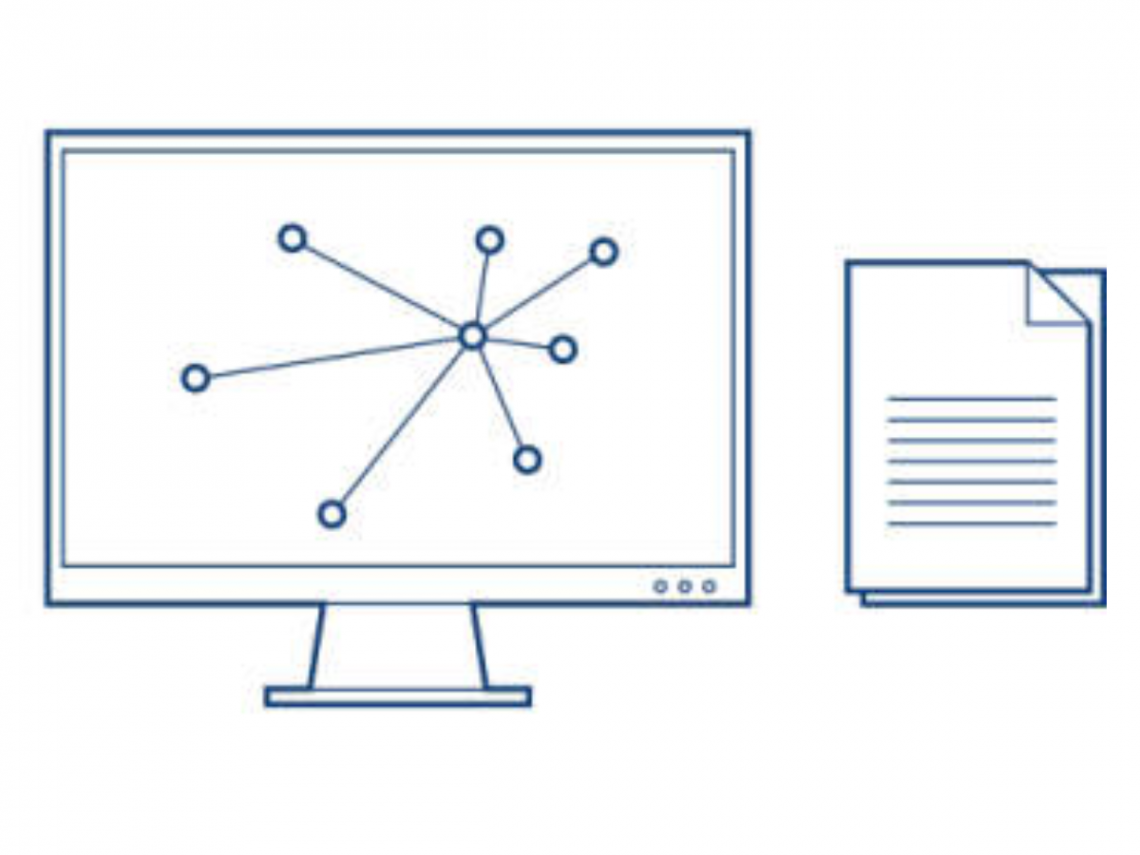
Step 4: Interpretation and Reporting
Step 1: Library Preparation
QIAseq Targeted DNA Pro Panels
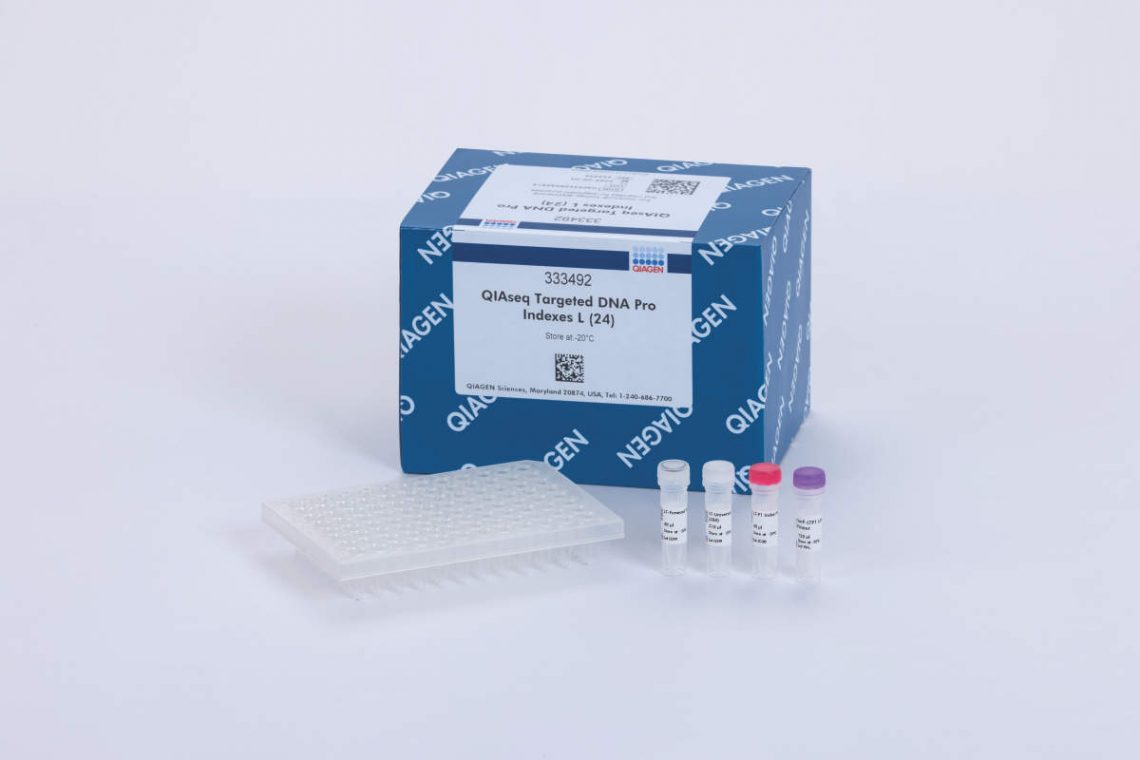
Learn more about QIAseq's state-of-the-art enrichment technology
QIAseq Targeted DNA Pro Panels set a new standard for NGS genotyping, providing improved ease-of-use, efficiency and expanded variant analysis. Each panel is a one-box, NGS platform-agnostic solution that contains all the necessary components to construct libraries from enriched genomic targets. This highly optimized DNA target enrichment technology offers an automation-friendly solution that simultaneously facilitates ultrasensitive variant detection using integrated unique molecular indices (UMIs).
- Rapid turnaround time – Streamlined library preparation workflows take less than 6 hours with minimal hands-on time.
- Ultrasensitive variant detection – Uses integrated unique molecular indices UMIs to detect genetic variations, including somatic and germline mutations, single nucleotide polymorphisms, copy number variation and small insertions/deletions.
- Cost efficient – Maximized read utilization results in up to 50% reduction in sequencing costs
Step 2: Sequencing
Element AVITI System Sequencing Instrument
The AVITI™ System from Element Biosciences is an out-of-the-box, plug-and-run benchtop sequencer offering an unrivaled combination of performance, cost, and flexibility. Element’s proprietary Avidity Sequencing™ chemistries enable exceptional accuracy and cost efficiency compared to other benchtop systems. With two random access flow cells, the AVITI™ System is equivalent to having two sequencing systems in one.
- Industry leading accuracy – With > 90% Q30 at 2×150 read length, the AVITI™ System delivers exceptional sequencing accuracy for a comprehensive range of NGS applications.
- Simple to use – The AVITI™ empowers labs of all sizes and NGS experience with guided workflows, comprehensive run parameters and flexible system settings.
- Disruptive pricing – Avidity Sequencing technology lowers operating costs with an average of $2-5 per Gb and $0.6-1 per million reads
Step 3: Data Analysis
QCI Secondary Analysis with LightSpeed
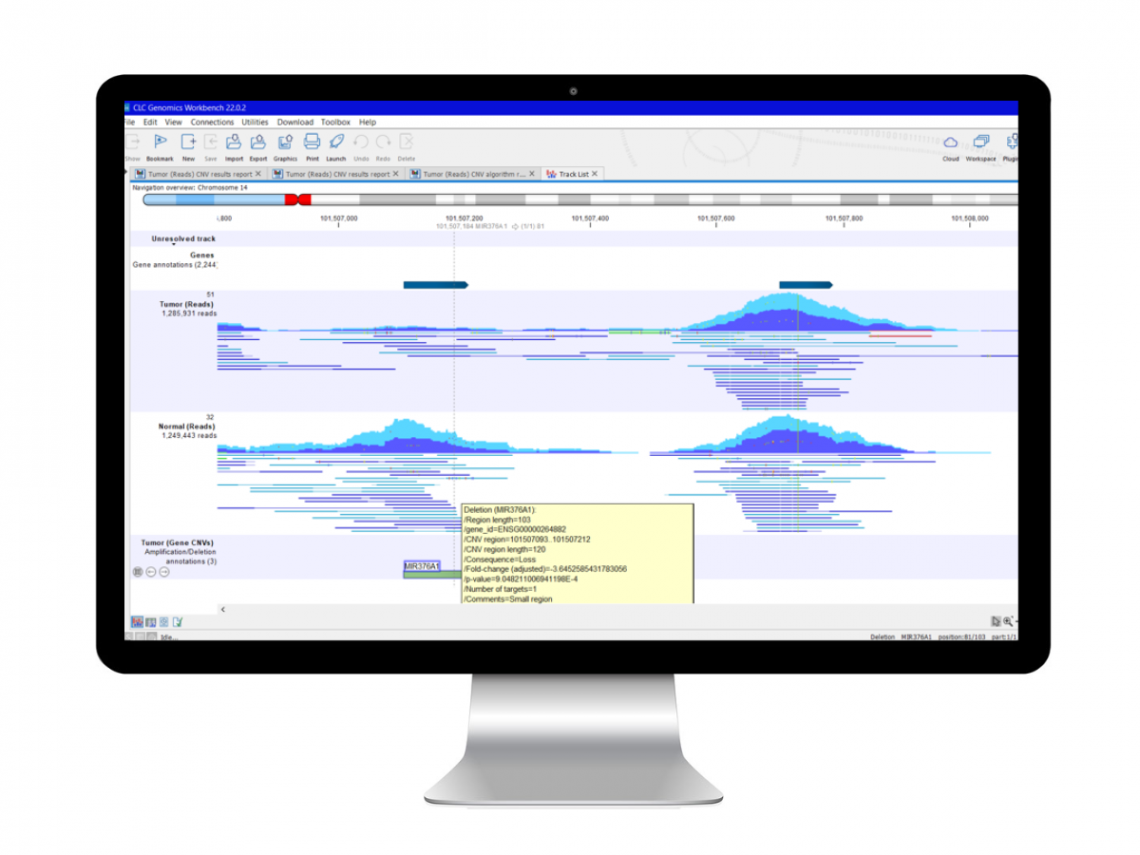
LightSpeed computes 30% faster than Illumina® DRAGEN®
LightSpeed is a new module for QIAGEN CLC Genomics Workbench Premium that empowers laboratories to perform NGS secondary analysis with high accuracy at unprecedented runtimes. FASTQ files produced from the AVITI™ System are uploaded to LightSpeed. Within minutes (or less), LightSpeed produces VCF files containing single nucleotide variants (SNV), insertion–deletion mutation (InDel) and structural variant (SV) calls. The module is deployable using local computers or Amazon Web Services (AWS®) cloud and performs quality and adapter trimming, read mapping, deduplication, local realignment, quality control and variant calling.
- Agnostic – Analysis workflows are custom-tailored to panels from any vendor.
- Ultra-rapid – Requires less than 20 minutes to process one WGS sample at 35x coverage.
- Cost-efficient – Significantly reduces computing costs, requiring less than $0.40 per WGS sample.
Step 4: Interpretation and Reporting
QCI Interpret
QCI Interpret is an out-of-the-box, fully customizable software solution that enables NGS variant interpretation and reporting for oncology and hereditary applications. VCF files from QCI Secondary Analysis are directly uploaded to QCI Interpret. Users then select a preconfigured workflow, and QCI Interpret automatically filters variants and computes classifications according to ACMG and AMP/ASCO/CAP professional guidelines.
Unlike other tertiary analysis solutions, QCI Interpret uses augmented molecular intelligence (the combination of human and machine curation) to ensure the evidence being considered is accurate, consistent and up-to-date.Users can then review the literature and criteria supporting each variant classification, determine reportability status, and confidently generate a final, patient-specific report with trusted diagnostic, prognostic and therapeutic information.
View a sample report here.
Unrivalled content
QCI Interpret’s knowledge base encompasses >40 databases maintained by machine and human curators who add >46,000 new findings each week.
Cost-saving efficiency
By automating variant annotation, classification, and curation, as well as the report building process, QCI Interpret enables significant time and cost savings.
Confident reporting
QCI Interpret ensures you deliver patient-specific reports backed by the latest scientific and clinical evidence and therapeutic options (on and off label).
Contact us
Ready to get started?
Let us help you optimize your NGS analysis pipeline. Our services team is here to answer your questions and help you get from sample to final report in less time, for less money.

